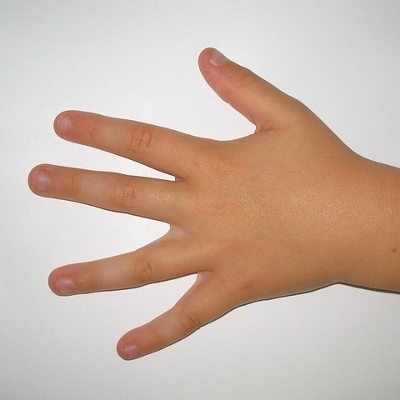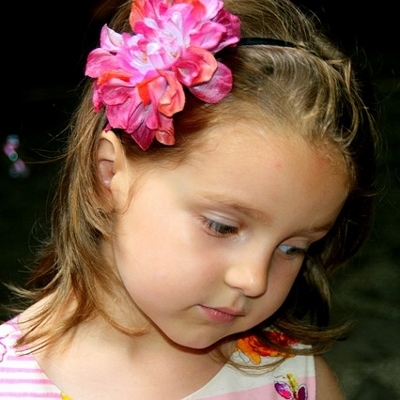 Elementary-aged children have a hard time following complicated directions. For kids this age, it’s best to communicate important information in simple terms. This is especially true when it comes to their personal safety.
Elementary-aged children have a hard time following complicated directions. For kids this age, it’s best to communicate important information in simple terms. This is especially true when it comes to their personal safety.
It’s absurd to think that kids will remember what a parent says concerning every single safety issue. As a matter of fact, it’s hard enough for an adult to keep up with ways to steer clear of all the dangers that must be avoided; however, children can remember broad, sweeping safety rules, ones that will truly help to keep them safe.
One simple safety rule to encourage a child to remember is a life long habit of handwashing. This easy task has been credited with preventing the spread of illness and disease. In fact, the United States Centers for Disease Control and Prevention (CDC) states simply: “clean hands saves lives.”
Check out the following statistics courtesy of the CDC:
- Handwashing with soap could protect about 1 out of every 3 young children who get sick with diarrhea and almost 1 out of 6 young children with respiratory infections like pneumonia.
- Although people around the world clean their hands with water, very few use soap to wash their hands. Washing hands with soap removes germs much more effectively.
- Handwashing education and access to soap in schools can help improve attendance.
- Good handwashing early in life may help improve child development in some settings.
As these facts suggest, if a person develops the habit of washing hands early in life, his or her chances of remaining healthy literally sky rocket.
A parent can begin the process by modeling good handwashing behavior. Make sure to wash your own hands often, especially after using the restroom, before preparing food, after working in the yard, and after visiting any public place, such as a grocery store or the mall. When you or any other family member is ill, make sure to wash your hands at even more frequent intervals.
In addition to modeling good handwashing etiquette, teach your child how to effectively wash his or her own hands. Teach him to use warm water and soap, and lather for the same amount of time it takes to sing the A, B, C song. Next, rinse thoroughly and use a disposable hand wipe or air dry hands if in a public place. Finally, avoid touching door handles with clean hands on the way out of the restroom.
Children also need to be taught to keep the area under the fingernails clean. This is because germs and microbes thrive there. If a child tends to bite the nails, this takes on even more importance.
For more comprehensive information on teaching your child to wash her hands, check out this awesome website sponsored by the CDC.
While a parent may not be able to protect his child from every lurking danger in this big world, he can teach simple safety rules that really make a difference. Learning how to effectively wash hands will certainly improve the overall quality of your child’s life.










